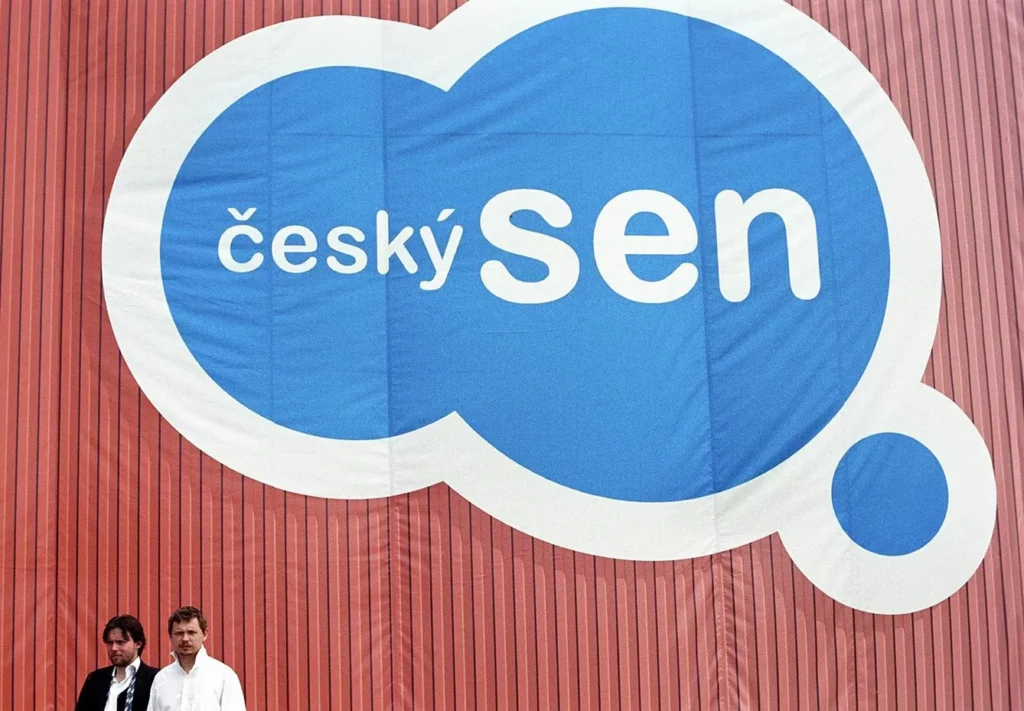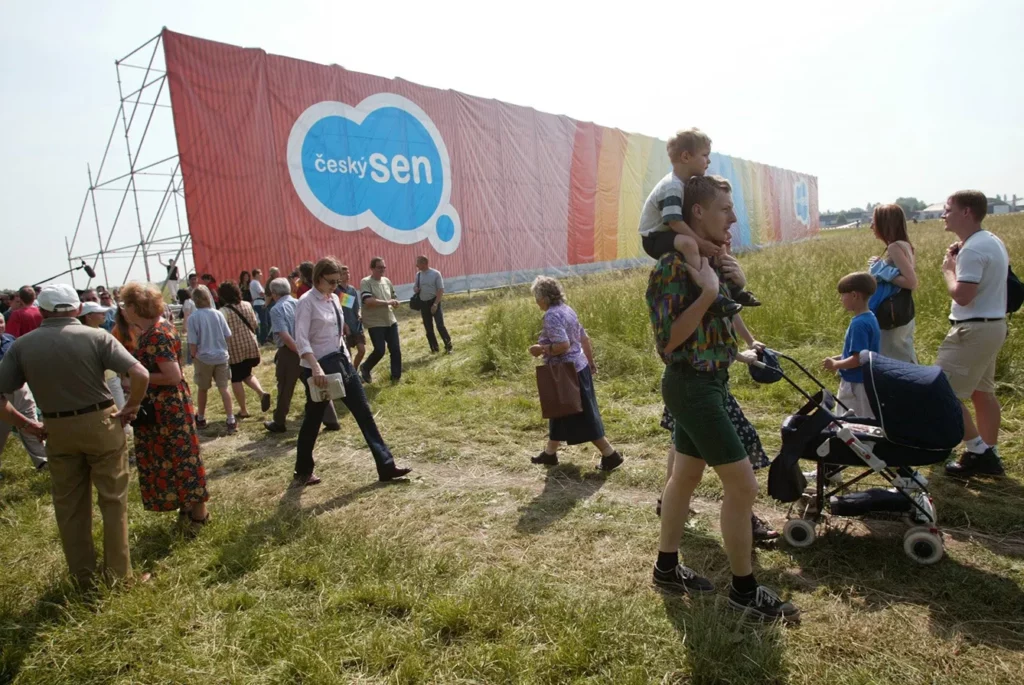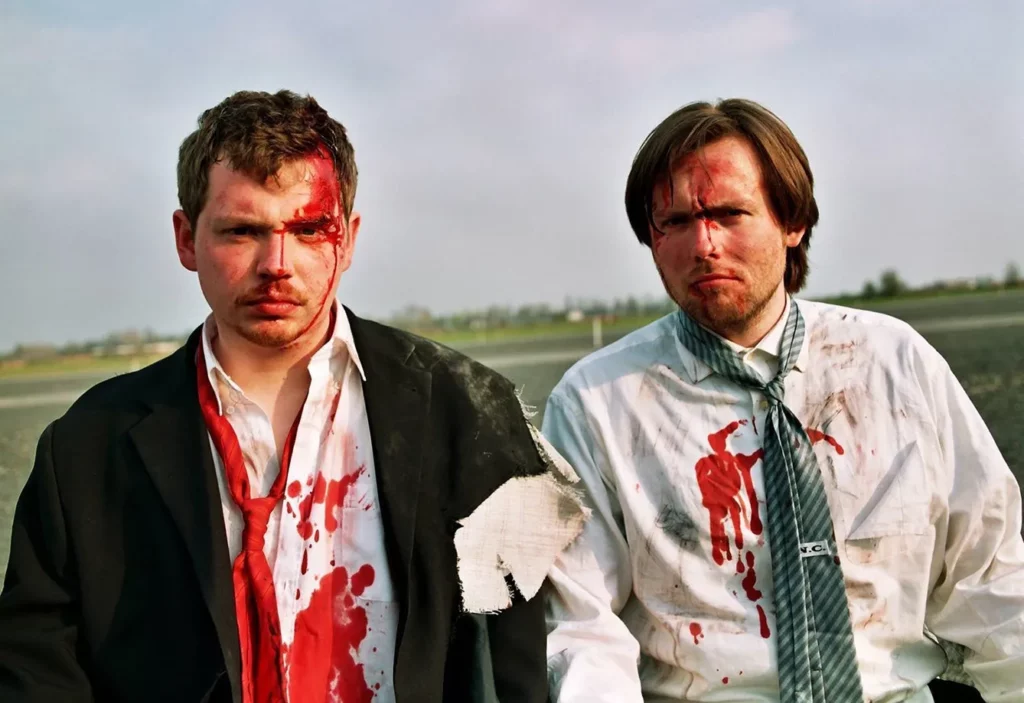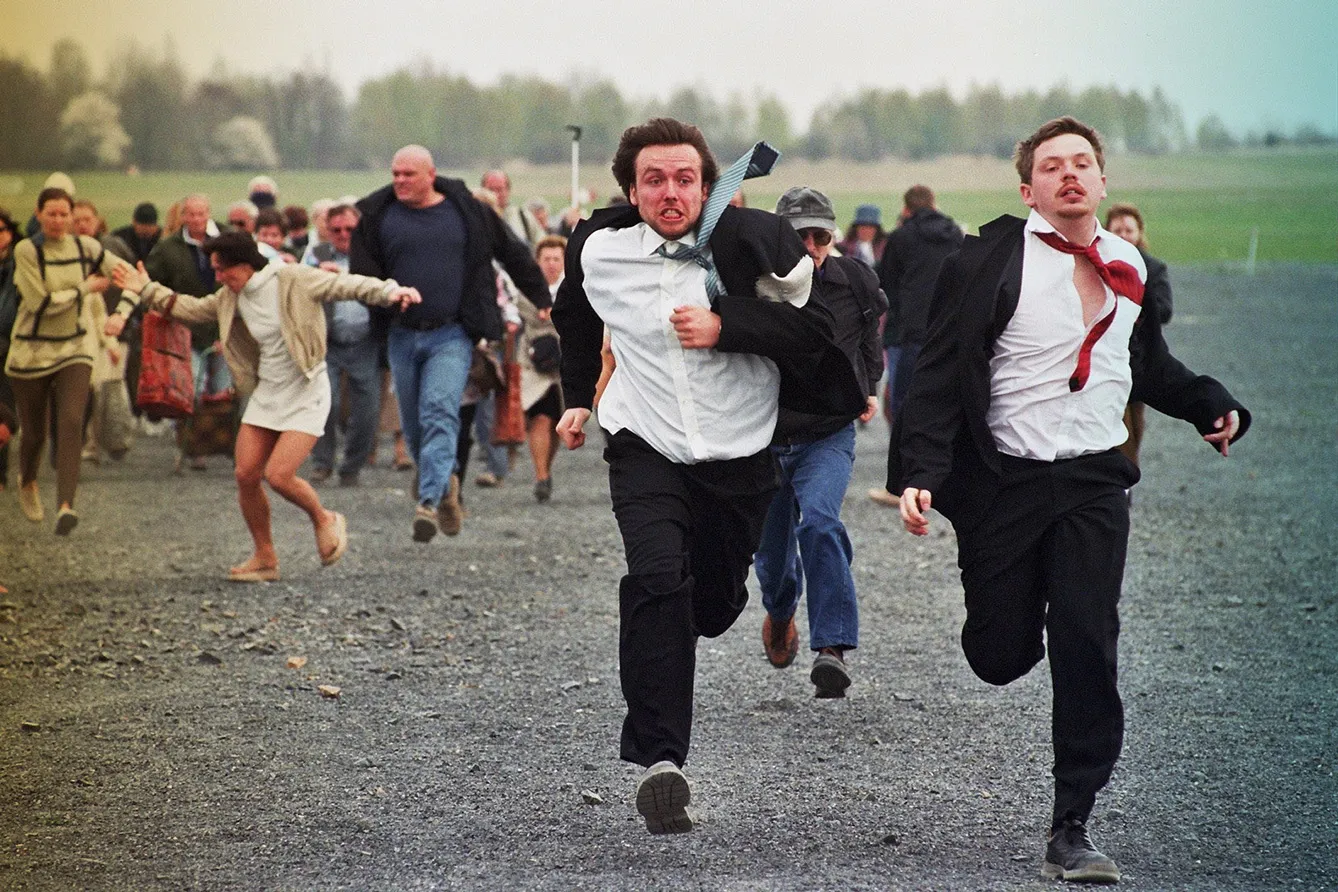Back in 2003, most countries in the 3Seas Region were finalizing their accession processes to join the European Union. In contrast to what used to be the colorless land where people would stand in long queues to purchase goods, a colorful future in the EU was to dawn with its promises of prosperity. Suddenly, leaflets and television advertisements started to appear on Czech television and across Prague. Small catalogs were given out to bystanders in public places, advertising the construction of a new hypermarket Český sen (The Czech Dream). The campaign caught the attention of many.



The prices of products were record low. To illustrate, if we converted the prices to today’s rate, a television would cost EUR 36, a digital camera EUR 123, and two kilos of pork steak just under EUR 4. Furthermore, the then-techniques used in branding and advertising the hypermarket were the most modern. The focus groups and psychometric research helped determine what impacted consumers’ choices, both conscious and unconscious, during shopping. The campaign then used key terms, slogans, visual tools, and jingles to attract attention to the grand opening. Additionally, the information was leaked strategically to leave potential customers with some speculation to raise their overall interest. The location of the hypermarket was revealed at the very end, just hours before the opening.
It is estimated that up to 4,000 people came on a sunny Saturday morning to witness the opening of the shop. Once the speeches finished, people were allowed into the field and could make their way toward the hypermarket. Some were running to get in as fast as possible.
What Happened?
The whole thing turned out to be a prank organized by the filmmakers for the purpose of creating a mockumentary. The hypermarket was just a banner that stood on scaffolding. The two filmmakers, Vít Klusák and Filip Remunda, who acted out as managers, had to flee the scene for some time to avoid the angry crowd who threw stones at their car.
Perhaps the most tangible topic that the filmmakers pointed out was the danger of manipulation at the hands of those creating marketing content. In particular, the film touches on the dangers of hoaxes and conspiracies. Pavel Siefter, the Czech historian and diplomat, points out that there are still people today who believe that the hypermarket exists.
What started as a risky and expensive project turned into a sensation and controversy. Even years after entering the European Union, the topics touched upon by the Czech Dream warn of new risks that accompany the present-day reality. They are highly relevant not only for the Czech society but for the entire 3Seas Region.







